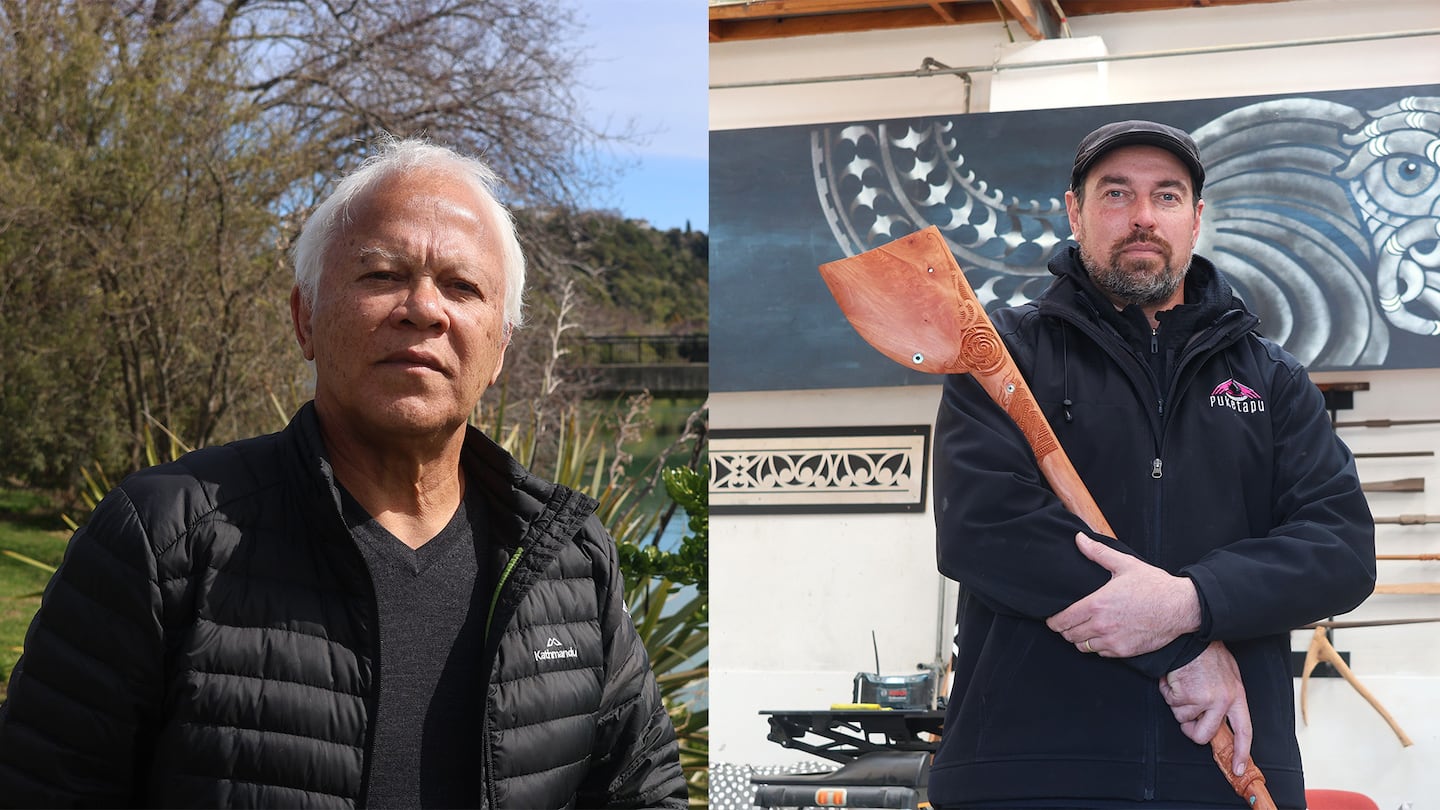Both elected unopposed, the Māori Ward candidates for Nelson and Tasman are spending much of the election season campaigning to keep the wards instead.
Nelson’s ward has been in place since the beginning of the current council term, while Tasman’s will be established for the next triennium, but both are subject to a binding referendum after the Government changed the rules for Māori wards.
The referenda results will impact the council terms starting in 2028 and 2031, but the Māori wards will still be in place for the 2025 triennium, even if voters decided to disestablish them.
Kahu Paki Paki is Nelson’s incumbent Māori Ward councillor, and he will be returning to the council again next term, despite the “unfortunate and demoralizing” referendum.
Having Māori wards “singled out” in the Government’s legislation – other wards weren’t subject to the same referendum – was an “insult” to Māori, Paki Paki said.
“That’s really disconnected and devalued the role itself.”
He thought the shadow of the referendum was why no one had run against him.
“It’s hard enough to attract competent, qualified, and experienced Māori representation on council because of the levels of local government distrust, and then we have to go through a process which was really completely insensitive.”
Voters now faced a “line-in-the-sand moment”, Paki Paki said.
“Our whole community of Nelson really needs to stand up, participate, and welcome the different voices at the table.”
“If they are voting in the negative to the Māori Ward, they haven’t been paying attention to the work that I’ve been doing.”
For Māori, he said that this term he had helped stop Nelson City Council from withdrawing its application to the Environment Court, which aimed to help end a dispute about launching boats from Delaware Bay, and return to discussions that hadn’t had a breakthrough for 20 years.
The location is significant to local iwi, but was a favoured launch spot for boaties who have challenged the council’s launching ban.
As a “pipes and paths man”, Paki Paki said he had also helped to “maintain a reliable and responsible rates course” for the benefit of the entire community.
He also took aim at the “mudslinging” and “dishonest misinformation” that was swirling around the debate about Māori wards and said they didn’t disproportionality disadvantage anyone and instead reflected the responsibility to include New Zealand’s indigenous people in decision-making.
Much like a Māori electorate during general elections, Māori wards were the only wards that voters on the Māori roll could vote in.
But like all voters, those on the Māori roll could also vote for mayor and at large councillors.
Nelson previously rejected a Māori ward in 2012 with 79% of votes against, but Paki Paki said he expected the ward to be retained, provided people took the time to educate themselves.
“If people are informed, and they do vote with their head and their heart, then it’s a no brainer. Don’t stress, vote yes.”
Like Paki Paki in Nelson, Paul Morgan was guaranteed a seat on Tasman District Council next term.
He wasn’t bothered about the seat he would soon occupy being put to a referendum, as his life had been one of “great debate” already.
A former board chair of Wakatū Incorporation and a Māori rights advocate, Morgan said he had participated in “significant litigation” against the Crown, including securing the return of the Whakarewa estate in Motueka to local iwi.
“I’ve been involved in a lot of the social, cultural, and economic issues of the region and, of course, I had a high interest in the region progressing and particularly my own community, about their progress.”
Morgan’s current focus was educating residents about the electoral system and Māori wards, and encouraging them to vote.
“People have got opinions, but it’s not based on fact. I don’t blame them, there’s just been no education,” he said.
“That’s my first responsibility. I’m not even sworn in yet, but I’m out there discussing why the community should vote yes for Māori participation and the Māori ward… that’s almost a full-time thing.”
He said that recruiting people with talent, innovation, and diverse points of view was key, and he urged people to consider if they wanted Māori people to participate in council decisions.
“Do you want their cultural view, their values, their knowledge of this place – the land and the moana – do you want that expressed at the table? Do you want their diversity?” he asked.
“If you exclude the Māori community from being at the table, potentially you don’t get that.”
Outside of campaigning for the Māori Ward, Morgan was reading up on council information and didn’t have any specific policies in mind for Tasman.
He said the region faced many “significant issues”, including climate change and sea rise, biodiversity, erosion, flood mitigation, and described the council’s debt and financial position as a “critical issue”.
Highlighting that the region had a growing ageing population, many of whom were on fixed incomes, he specifically mentioned the council needed to be financially prudent.
“Rates, and how we utilize our financial resources, are important.”
Paki Paki and Morgan have both previously expressed frustration that their profile statements weren’t included in voters’ candidate information booklets, as they were being elected unopposed, because they thought it could impact the results of their districts’ Māori Ward referendums.
Voting is open until 11 October.
Local Democracy Reporting is local body journalism co-funded by RNZ and NZ On Air



